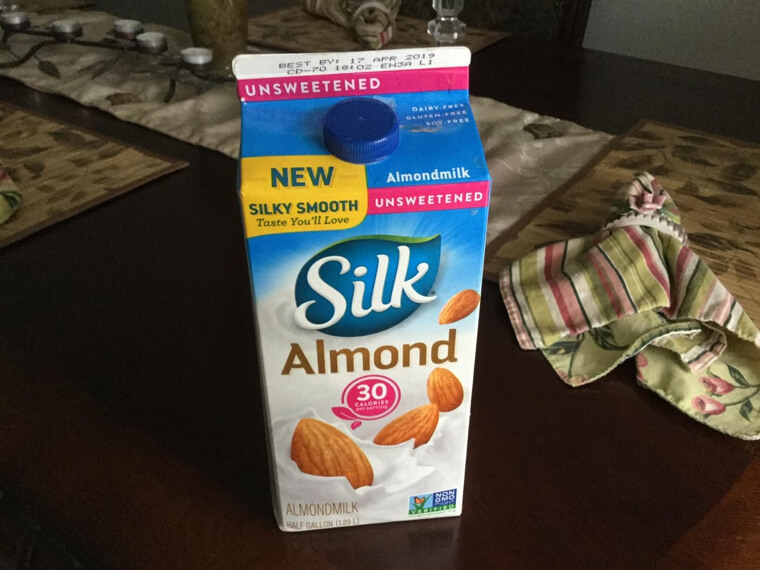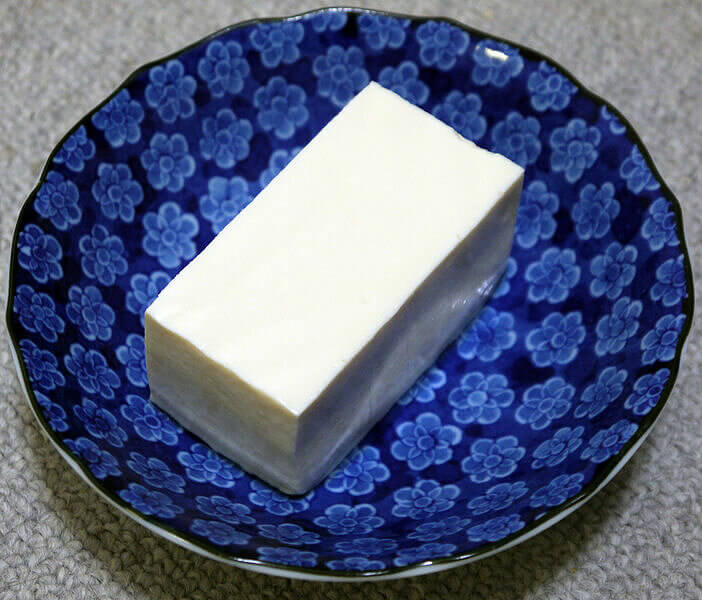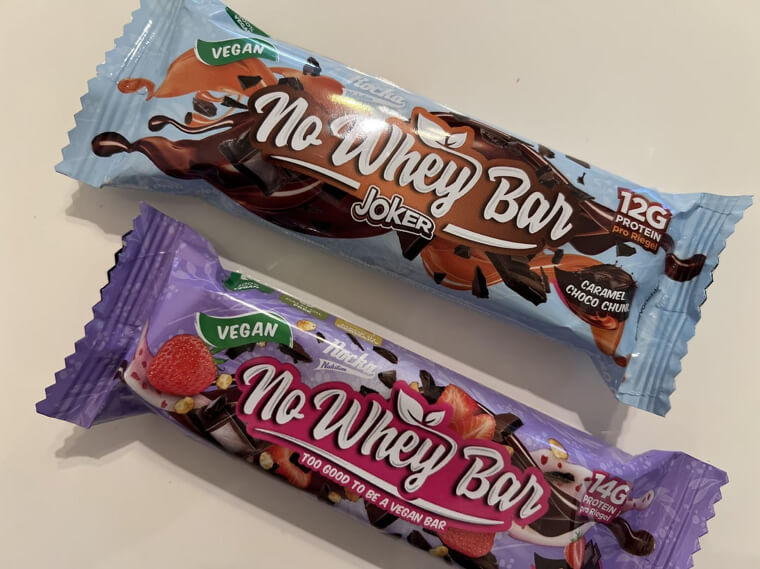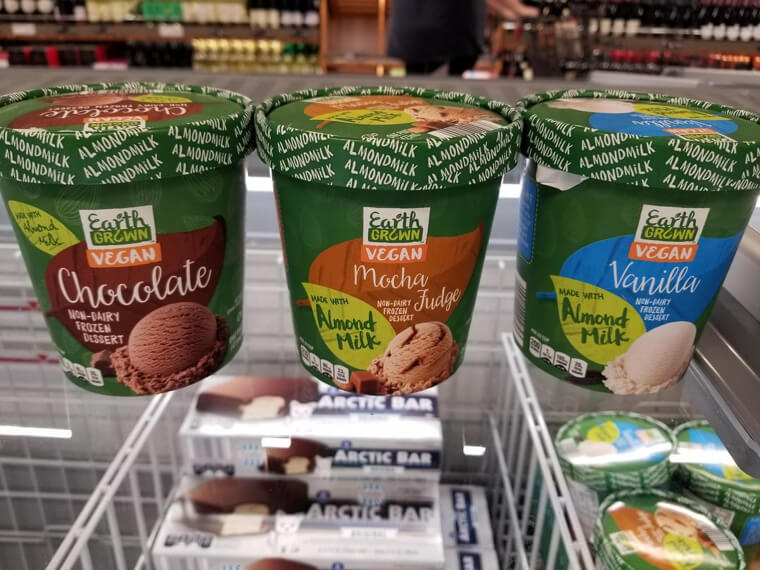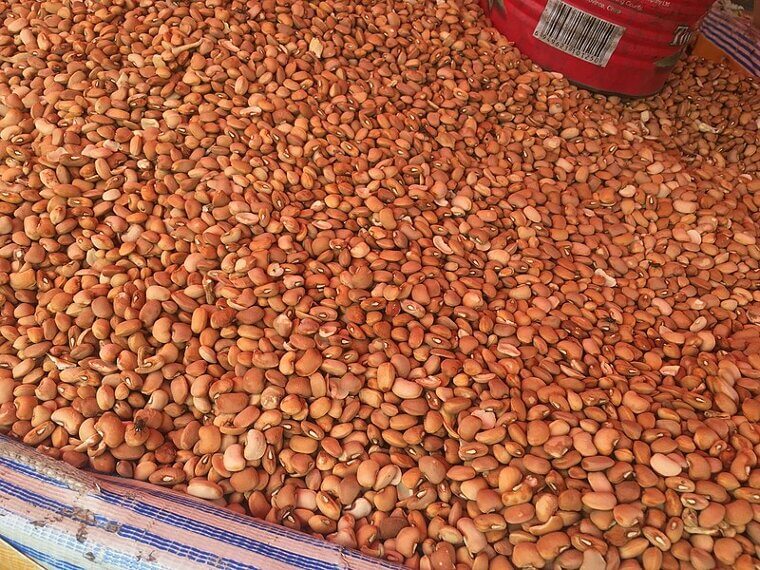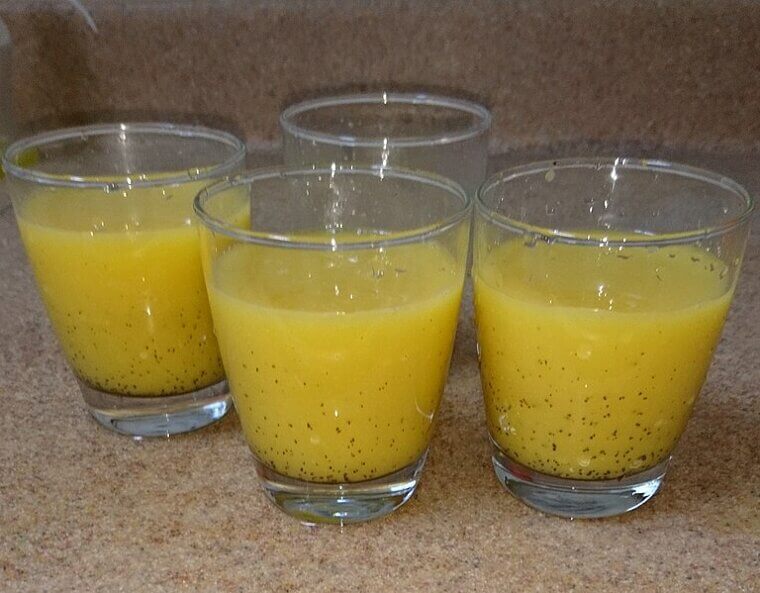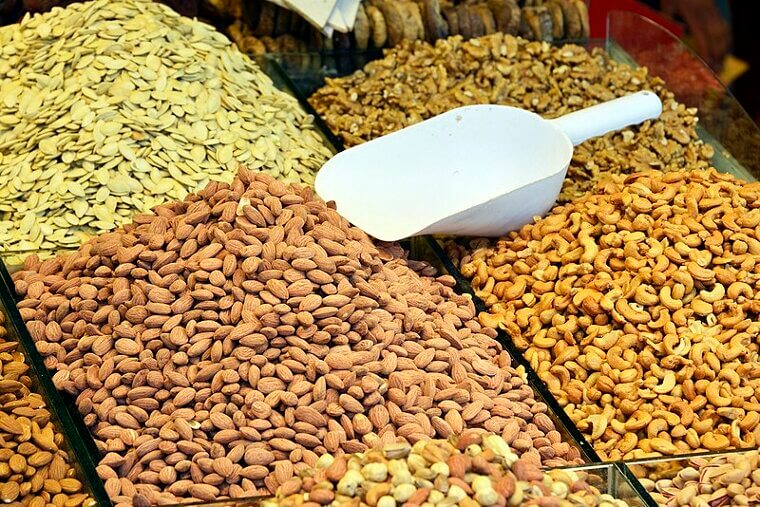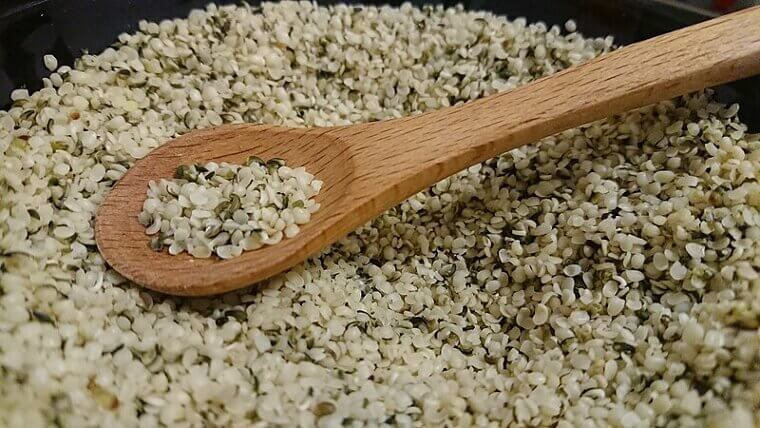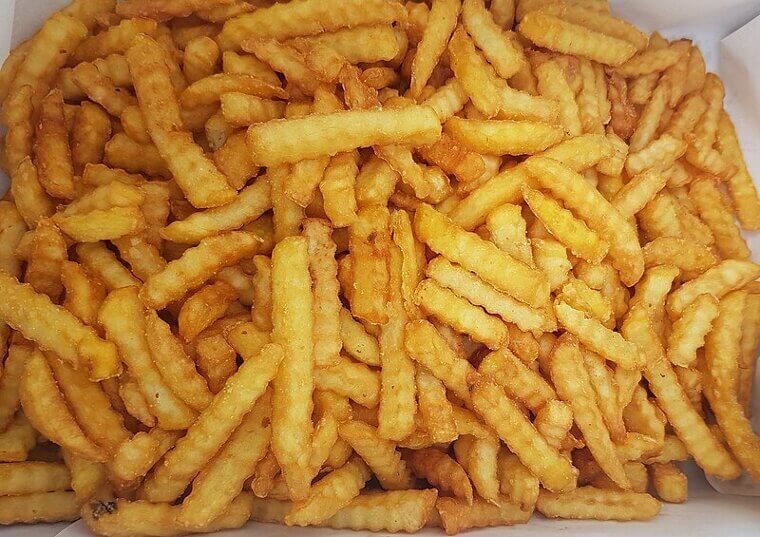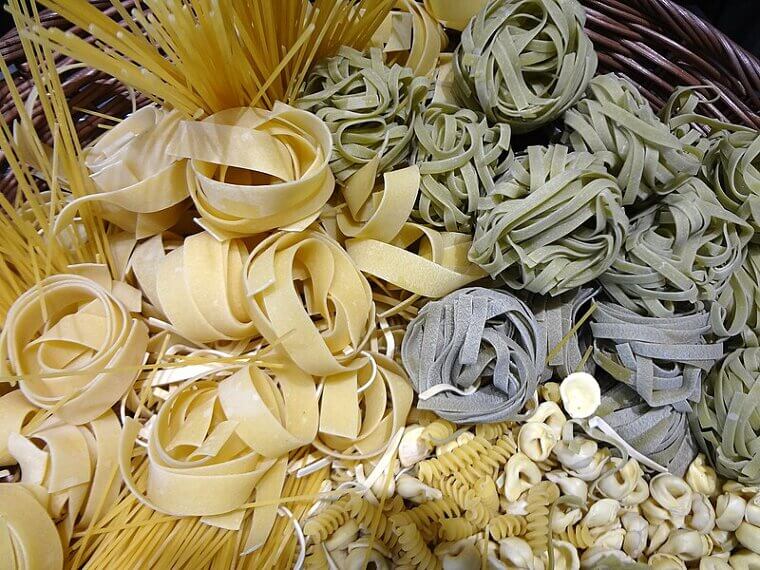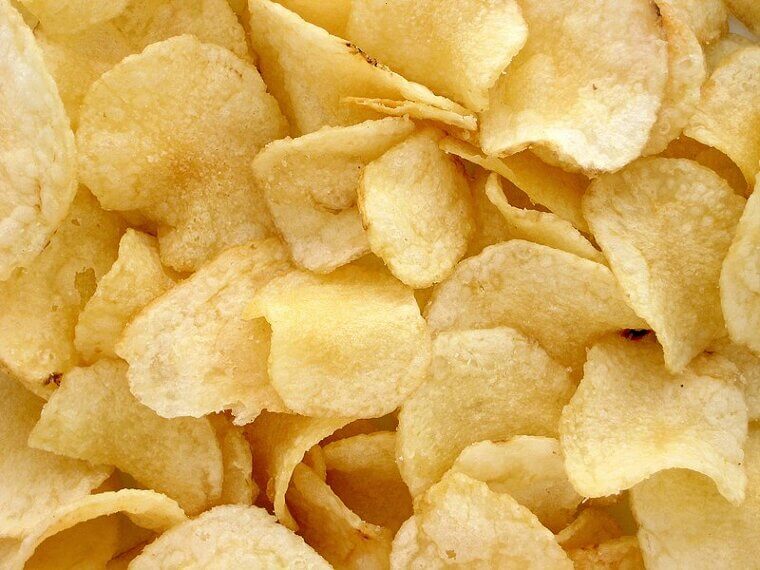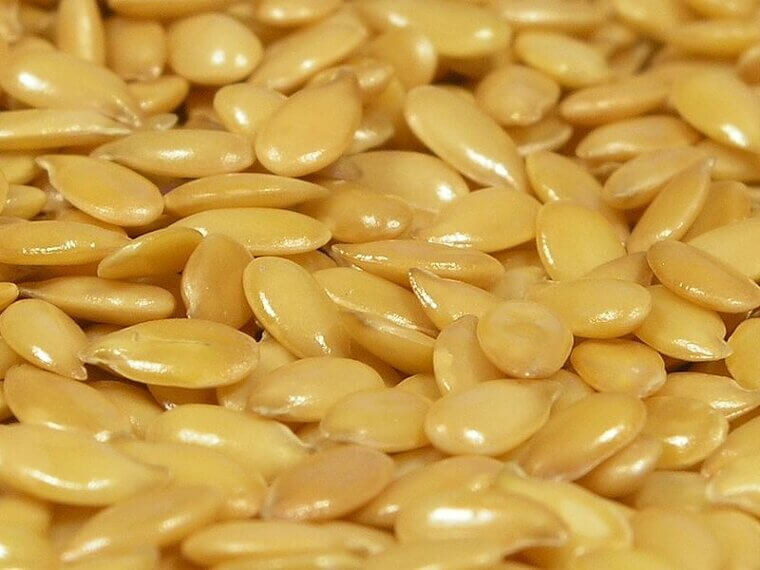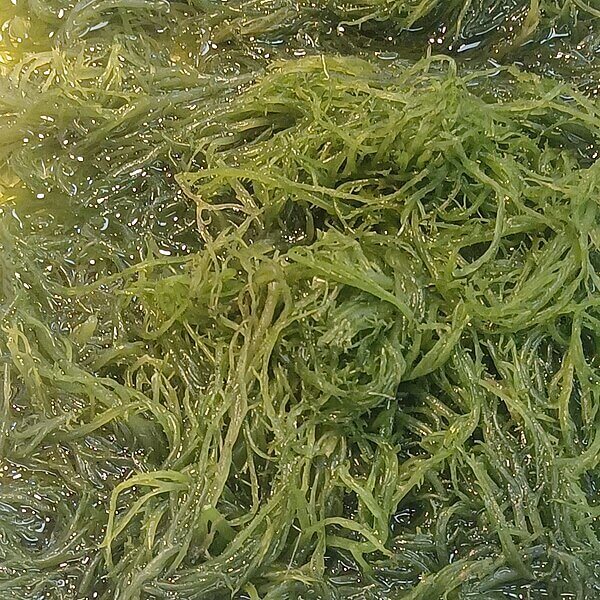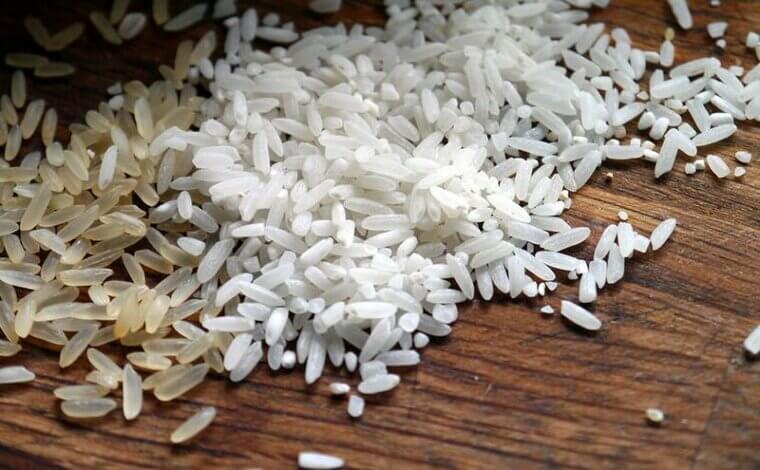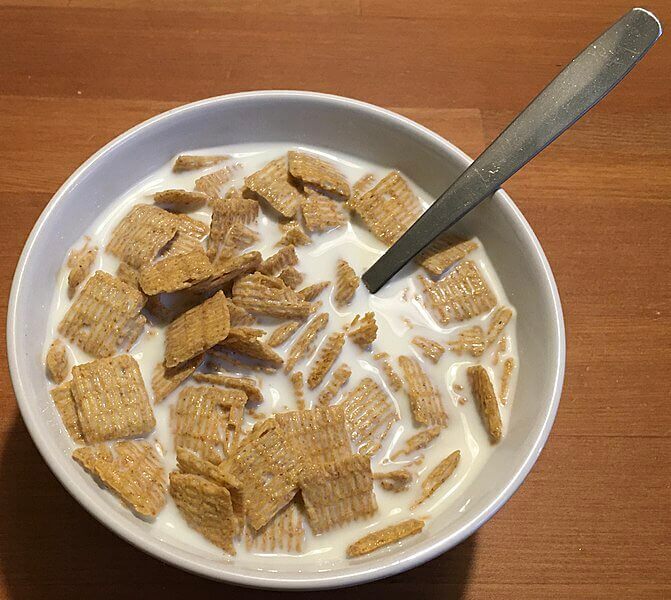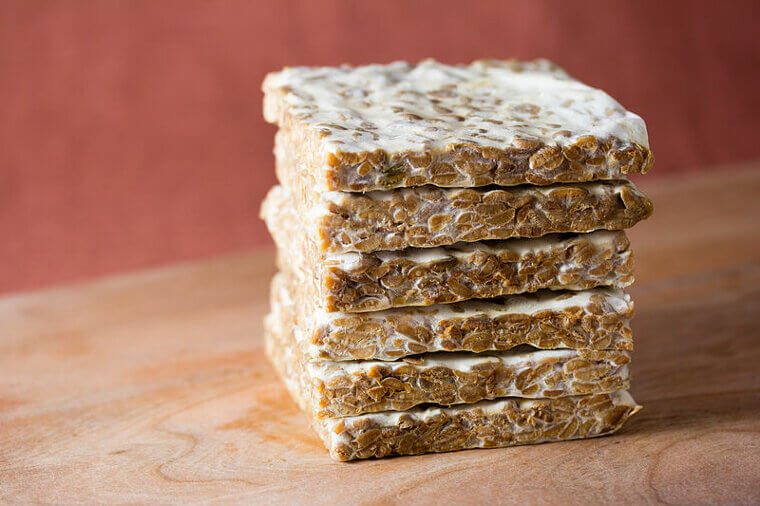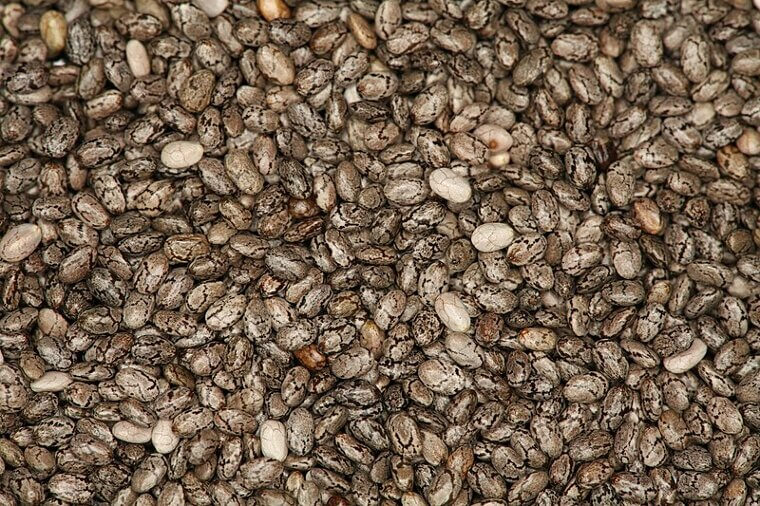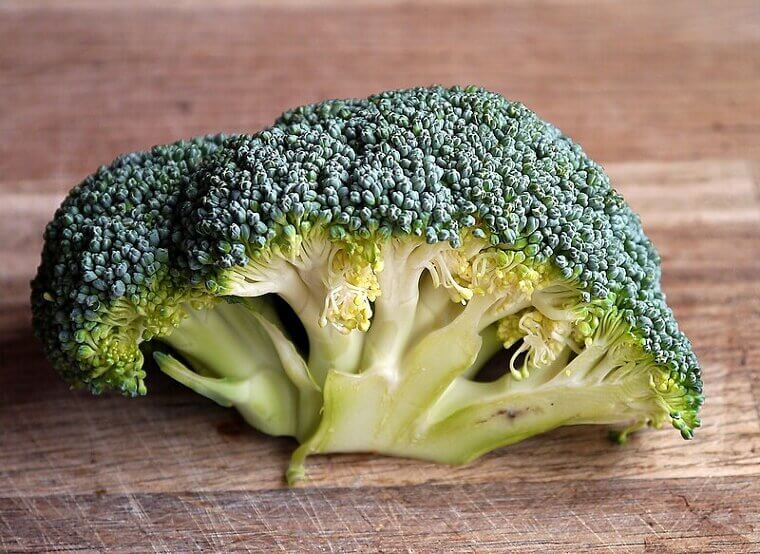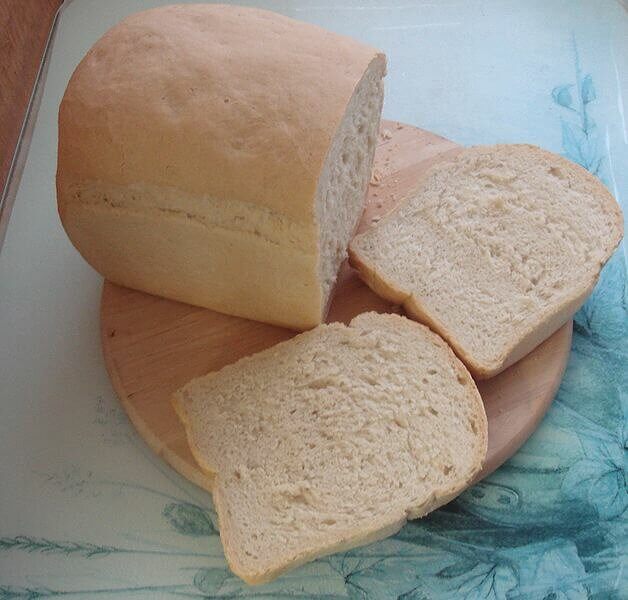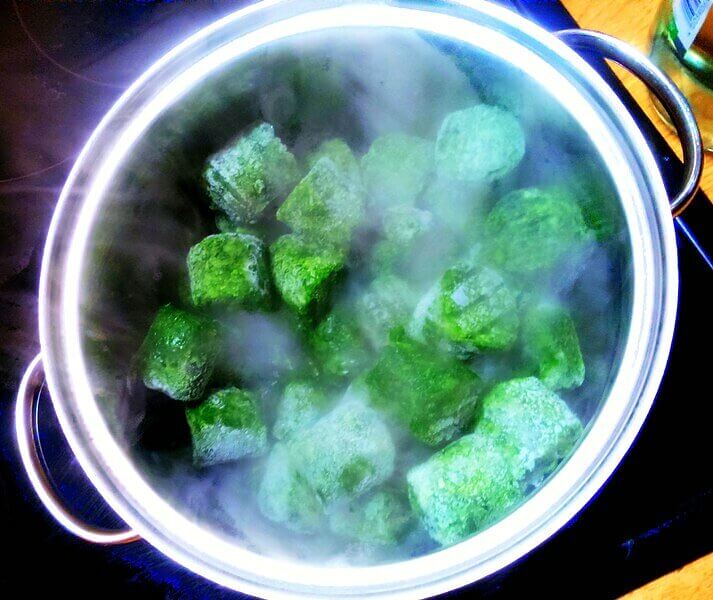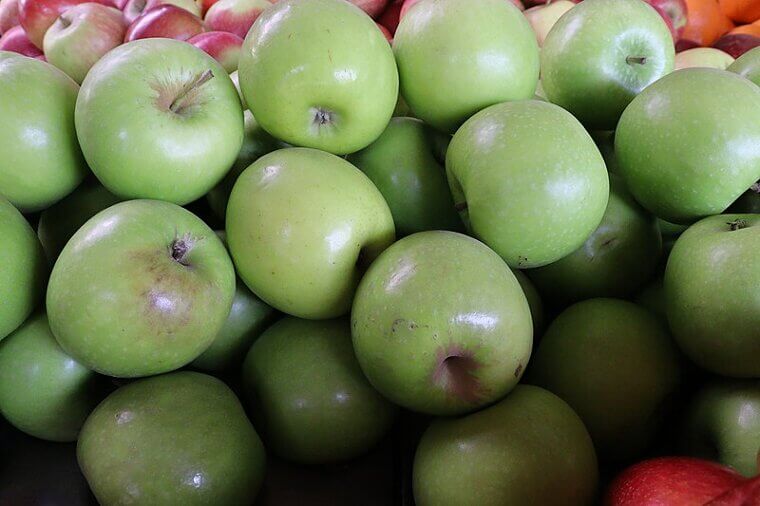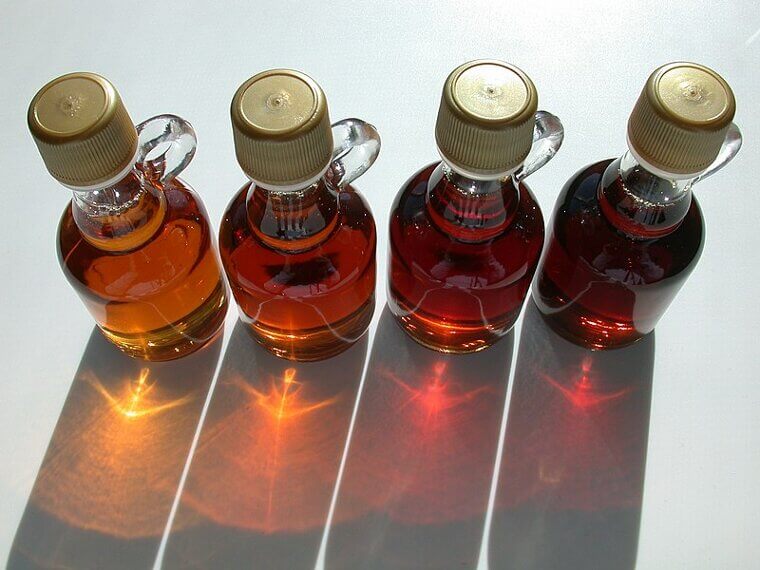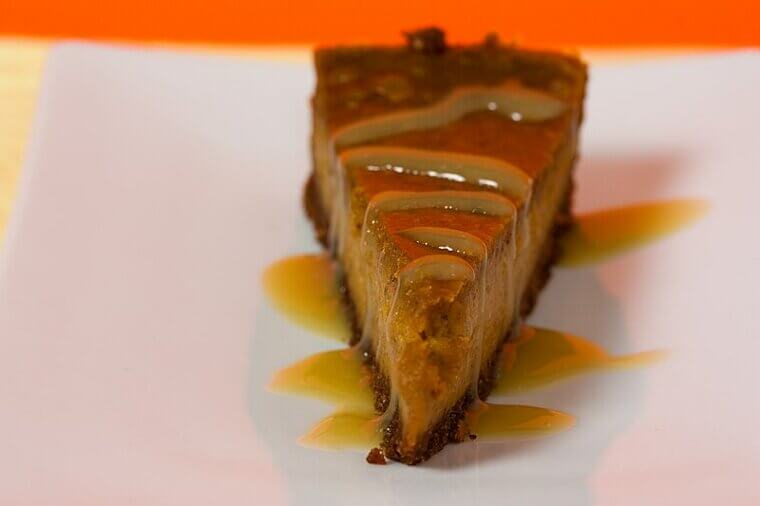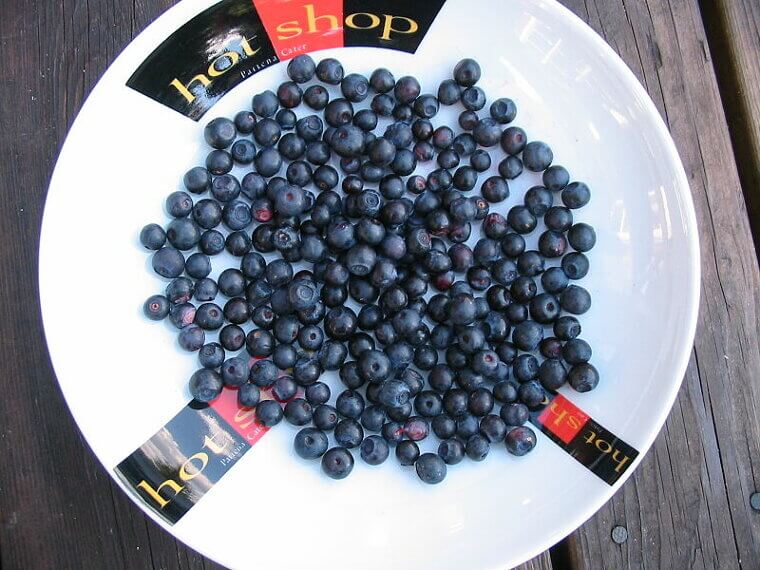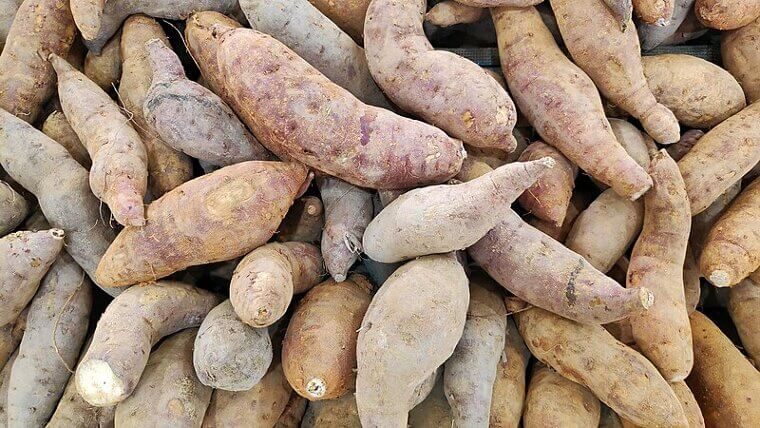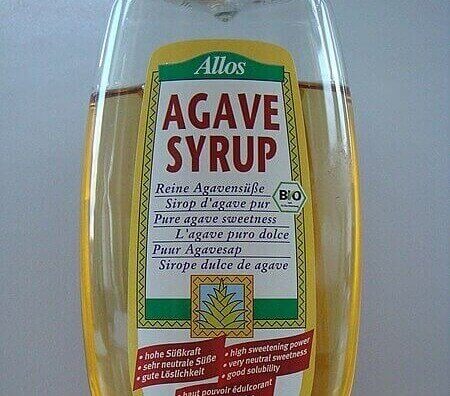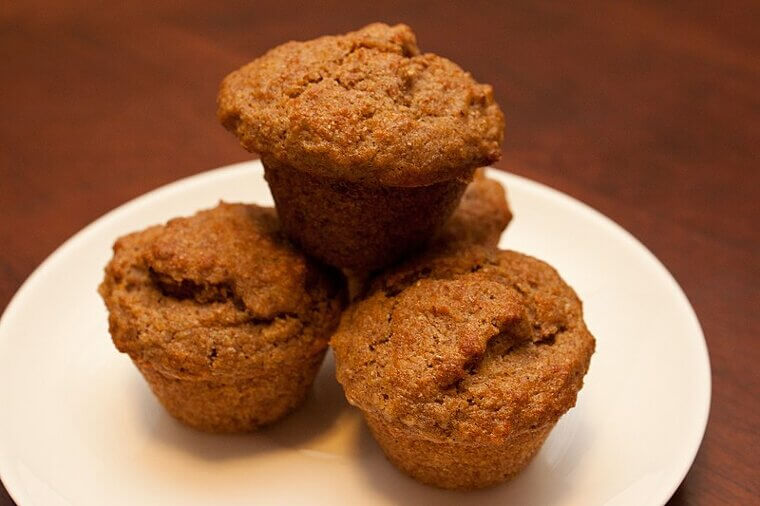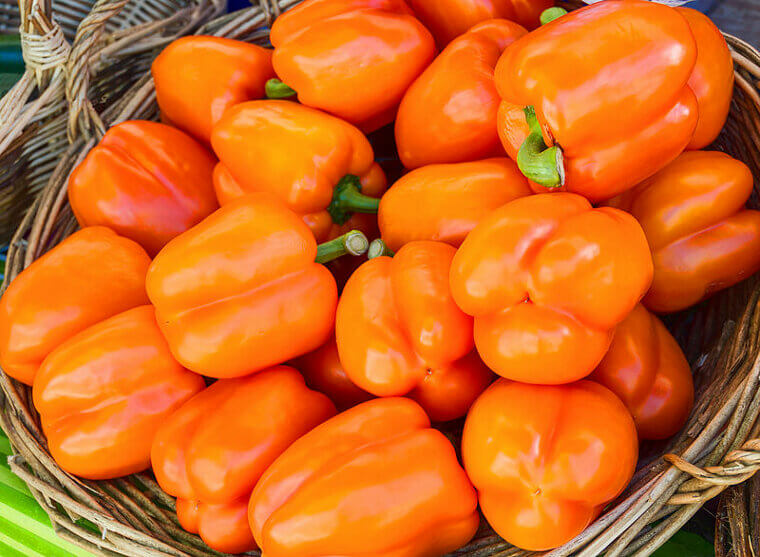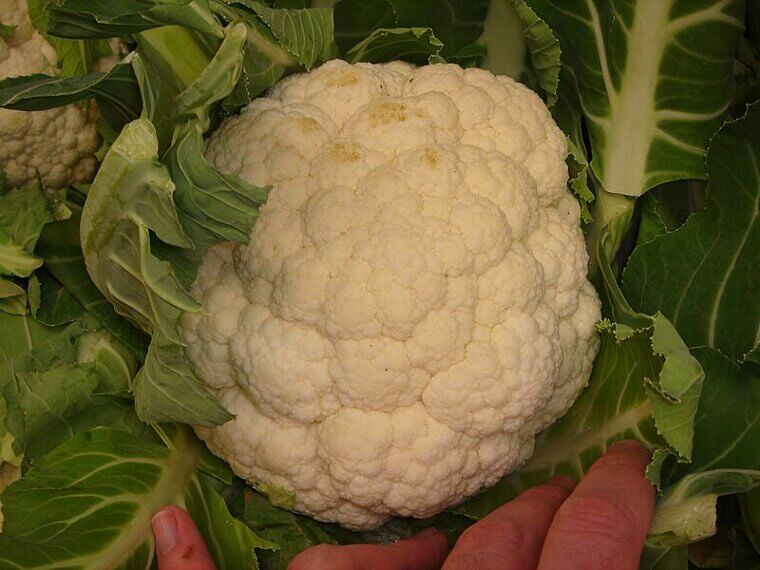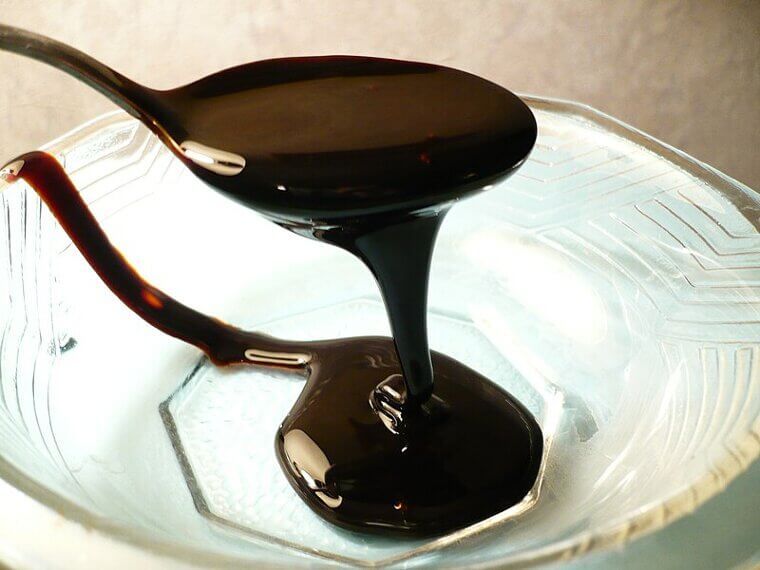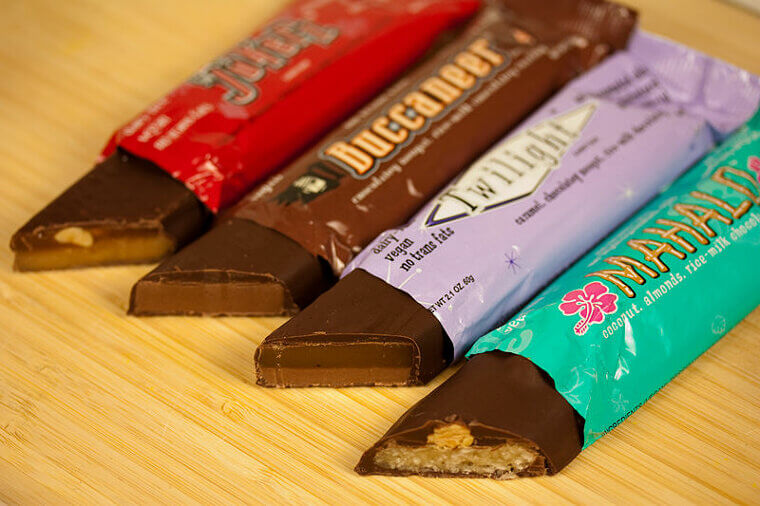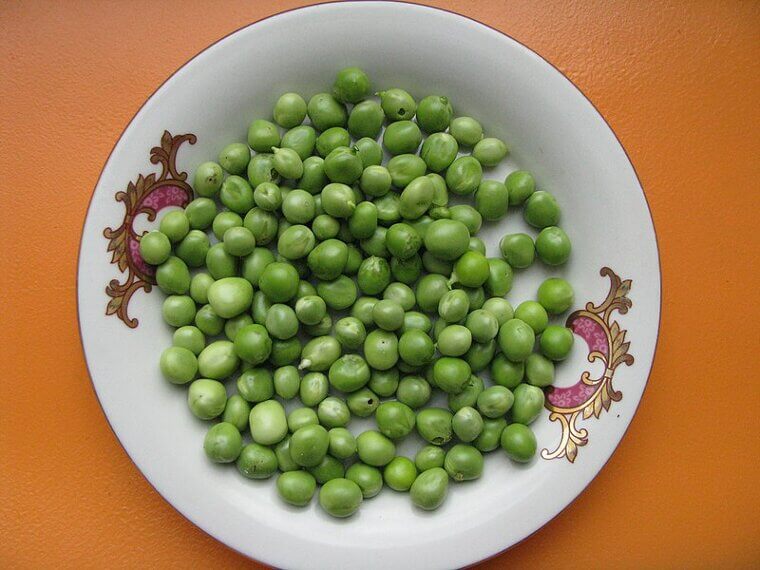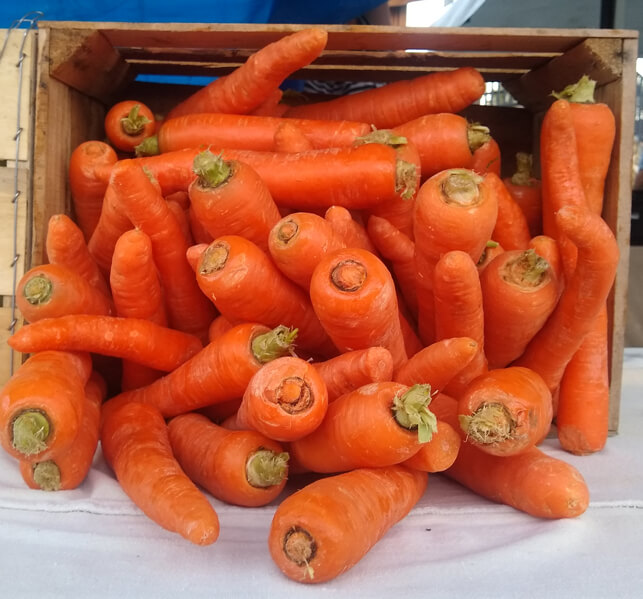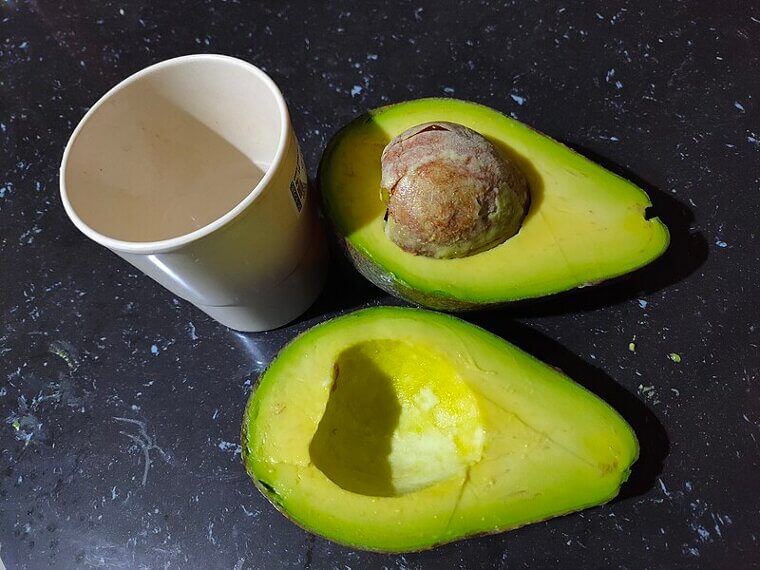Calcium-Fortified Plant Milks
If you're following a vegan diet, then calcium can be harder to come by. To avoid that problem, give some calcium-fortified plant milks a try. In addition to the mineral, these drinks include helpings of vitamin D and vitamin B12, too. However, they are often very, very processed, and often contain lots of added sugars.
Tofu
Tofu is one of the most popular meat substitutes on the market today, fitting seamlessly into most dishes. Is it actually healthy, though? You bet! Tofu houses a significant amount of protein, while its calcium and iron contents are nothing to be sniffed at, either.
Vegan Protein Bars
Vegan protein bars sound perfect, right? Surely there's nothing sinister lurking beneath all that crunchy goodness? Well, we've got some bad news for you. These bars actually house massive measurements of sugar, while the protein contents aren't as nutritious as they could be. What a disappointment!
Vegan Ice Cream
Is vegan ice cream a healthier alternative than standard ice cream? It doesn't look that way. The plant-based products can include a ton of fat and added sugar. On top of that, good luck finding any vitamins in those tasty scoops. They're scarce to say the least!
Beans
One of the disadvantages of dropping meat from your diet is that you're losing good sources of vital nutrients. But have no fear — beans can help fill that gap. These plant-based snacks are teeming with iron and protein, as well as zinc, potassium, folate, and calcium. They're a very healthy option.
Fruit Juice
You might assume that fruit juice is a slam-dunk when it comes to picking out healthy, plant-based drinks. That's not the case, though. These beverages can be quite calorie-heavy, while also housing lots of sugar. They're best to be enjoyed in moderation. Don't overdo it, folks!
Nuts
If you're looking for a tasty source of nutrients on a plant-based diet, then you can't go wrong with nuts. These delicious bites contain vitamin E, fiber, iron, magnesium, and a whole lot more. On top of that, nuts are great for providing helpful antioxidants, too.
Hemp Seeds
While they might not be much to look at, hemp seeds are surprisingly moreish and contain a lot of goodness at their core. They're packed with protein, housing plenty of healthy fats as well. Hemp seeds will go a long way towards improving your diet!
French Fries
It's sometimes easy to forget that french fries are plant-based, considering their less than stellar reputation. They're not seen as a particularly healthy option thanks to the high levels of trans fat found in most batches. Too many portions can also negatively affect your cholesterol.
Pasta
On the surface, pasta looks like another healthy plant-food to add to your list. Be careful, though. Pastas made from refined grains could actually be quite bad for you, as they can contribute towards high levels of cholesterol. Whole grain pasta is probably a safer bet.
Potato Chips
A classic snack, potato chips really do hit the spot when you're feeling peckish during the day. But this is another plant-based bite that really isn't all that healthy. Certain bags can be full of trans fat, which won't help your body in the long-run.
Flaxseeds
Flaxseeds have a lot going for them on the health front. For one thing, they're rich with protein, standing above many other types of seeds. They also contain good levels of alpha-linolenic acid, which is a vital omega-3 fatty acid that helps the body's nervous system.
Seaweed
At first glance, seaweed might not look that appetizing. But trust us — it's both delicious and full of nutrients. Seaweed contains protein, antioxidants, potassium, magnesium, and much more. It also houses a decent amount of vitamin B12. What's not to like here?
White Rice
White rice is a rather deceptive plant-based food — it looks healthier than it actually is! This kind of rice is a refined grain, which if consumed in great quantities could cause havoc for your cholesterol levels. It may be a good source of protein, but brown rice is probably better for you.
Cereal
When seeking out a plant-based breakfast, cereal might look like the perfect option. But there are issues here. Firstly, lots of cereals are made from refined grains. And secondly, they're usually packed full of sugar. Do you really want to start your day with a big bowel of that?
Tempeh
Another popular meat substitute, tempeh is tasty and healthy — a welcome combination! It houses a decent amount of protein, as well as some vitamin B12. If you're trying to find something that'll replace fish in your diet, then tempeh is the one to fill the gap.
Chia Seeds
Are you on the fence about adding chia seeds to your plant-based diet? Well, this could change your mind. These seeds are very healthy, as they're full of protein and alpha-linolenic acid. If that isn't enough, you can use chia seeds instead of eggs if you like baking at home, too. How cool is that?
Broccoli
When it comes to naming healthy plant-based foods, broccoli has to be near the top of the list. It's overflowing with vitamins, while its phytonutrient contents are a huge help to the immune system. Plus, the famous veggie provides a decent supply of calcium as well.
White Bread
How can you go wrong with white bread? Surely that's another one for the healthy foods list, right? Well, not quite. Much like rice and pasta, bread made from refined grains won't benefit your body in the long-run. Whole grain or whole wheat loaves are better bets.
Vegan Cookies
In case you couldn't tell by now, plant-based junk food does indeed exist! And vegan cookies definitely come under that umbrella. These snacks are packed with fat and sugar, while they house virtually no decent minerals or nutrients. They're not very healthy at all.
Spinach
Arguably one of the healthiest plant-based foods on the market, spinach is a remarkable vegetable. Not only is it a great source of vitamin A and vitamin C, but it's also teeming with iron, folate, potassium, and carotenoids. Adding this to your diet could do wonders for your health.
Apples
You've all heard that famous phrase "an apple a day keeps the doctor away," right? Well, looking at the fruit's contents, it doesn't seem that far-fetched! Apples are really healthy, harboring both soluble and insoluble fiber. They contain a fair amount of vitamin C and flavonoids, too.
Maple Syrup
Maple syrup may be a delicious plant-based topping, but it's not particularly good for your health. Why? Simple — it's loaded with added sugar. If you overindulge, you could gain extra weight and put your heart health at risk.
Vegan Sauces
Yes, there are sauces for plant-based diets on the market today. But are they truly healthy options? That's up for debate! Vegan sauces usually house plenty of fat and sugar, while vitamins are scarce. Limiting yourself to very light drizzles over your meals is probably the way to go.
Blueberries
There's a lot to love about blueberries. They're an excellent source of vitamin C and vitamin K, in addition to helpful phytonutrients. Plus, the fruit is high in fiber and low in calories. That's a great combination! And to top it all off, blueberries just taste absolutely devine. They'll brighten up any plant-based diet.
Sweet Potatoes
The versatility of sweet potatoes can't be overstated. They taste great however you want to prepare them! And they're also extremely healthy. Sweet potatoes are full of helpful antioxidants, while their vitamin A and potassium contents are strong, too. Plus, they're rich with fiber and don't harbor many calories.
Agave Syrup
Another popular plant-based sweetener, agave syrup can brighten up any breakfast. But is it healthy? It's tough to make a case for it. Despite being made from agave plant sap, this syrup is packed with added sugars. If you eat too much, it could threaten to tank your carefully prepared diet.
Wheat Germ
Whether it's used as a topping for breakfast or a binding agent during baking, wheat germ can do a lot of good for your body. It contains zinc, folate, phosphorus, and magnesium, as well as an ample amount of thiamin — aka, vitamin B1.
Bell Peppers
No matter the color, bell peppers are very healthy options for a plant-based diet. They have a ton of vitamins, ranging from vitamin A to vitamin K1. The peppers also contain important minerals such as folate and potassium, while their calorie-count is pleasingly low.
Cauliflower
Don't let its fluffy white exterior fool you — cauliflower is a very strong vegetable! And it can play a vital role in your diet. You see, cauliflower contains a significant amount of choline, which is a nutrient that helps maintain our nervous sytem, brain, and liver.
Molasses
A thick, gooey sweetener, molasses can transform the taste of whatever it touches. Is it a healthy option, though? Well, much like maple syrup and agave syrup, molasses has its fair share of added sugar, which means you shouldn't eat a lot of it.
Vegan Candy
Plant-based candy? Surely they're healthier than standard candy bars, right? Unfortunately, it doesn't look that way! Vegan candy houses plenty of fat and added sugar, while the lack of nutrients and vitamins are also hard to ignore. It might be wise to opt for a healthier snack instead.
Peas
Peas are a popular food for a reason. They're both delicious and nutritious! These small vegetables house iron, calcium, zinc, potassium, fiber, and folate. Quite the list, right? And it doesn't stop there. Peas are also a great source of protein.
Carrots
Carrots make for a fantastic addition to plant-based diets. Beneath their crunchy exterior lies a whole host of goodness that could benefit your health. Carrots are rich in fiber and potassium, as well as vitamin A and vitamin K1. They're low in calories, too.
Avocados
Adding avocados to your diet might make a real difference to your long-term health. This famous fruit contains potassium, folate, magnesium, vitamin C, vitamin E, and omega-3 fatty acids. All that goodness can benefit your sight, your heart health, your mental health, and much more.
Through: George Chernilevsky

